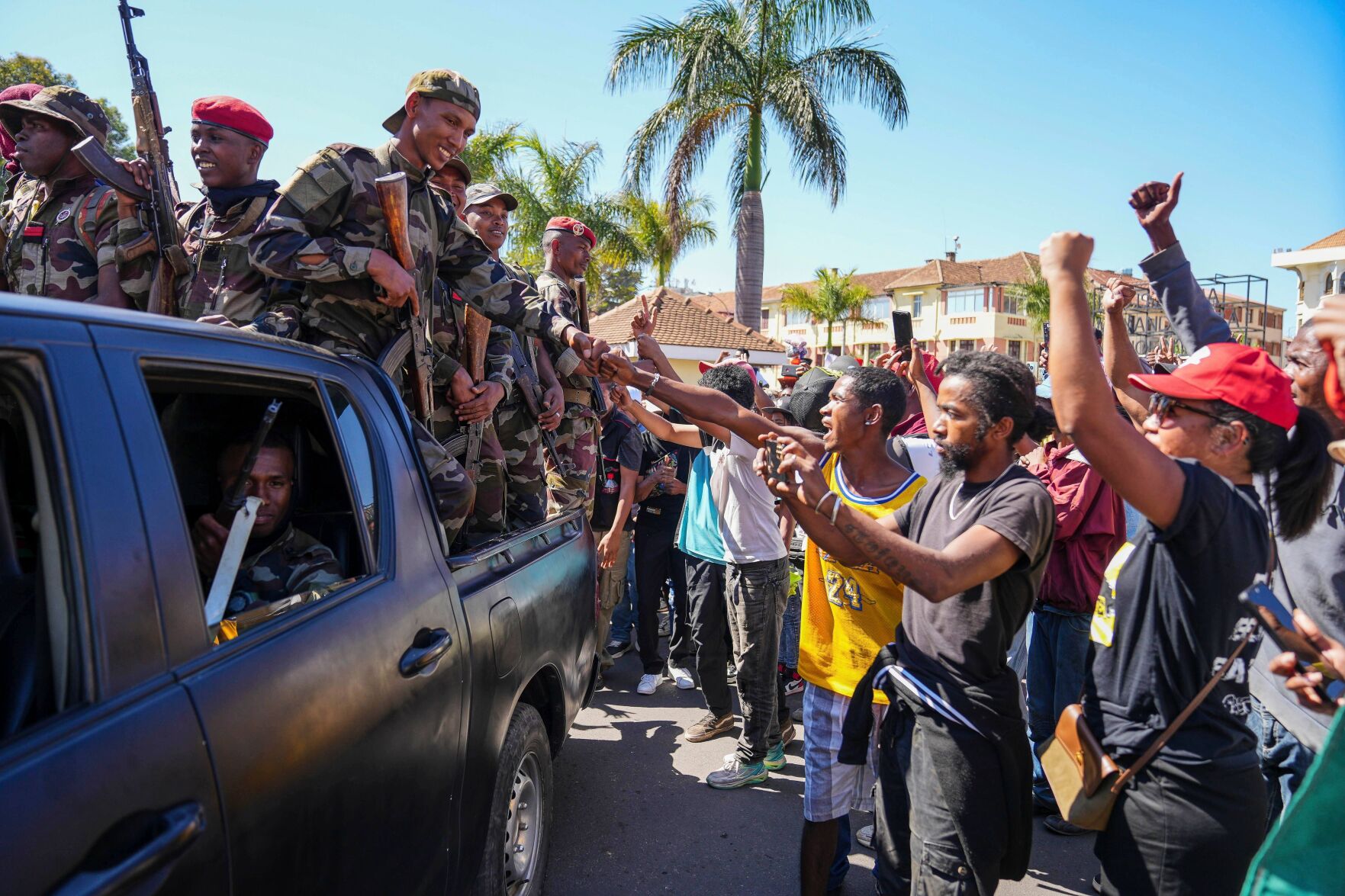A youth-driven wave of demonstrations is sweeping across continents, demanding change from entrenched governments. In Madagascar, the protests culminated in the ouster of President Andry Rajoelina after a military mutiny, signaling the rising power of an emboldened Generation Z.
‘Gen Z’ protesters lead global wave of generational discontent

Key Takeaways:
- A new global protest movement is taking shape, led by Gen Z.
- Madagascar’s President Andry Rajoelina resigned after persistent demonstrations and a military mutiny.
- Generational discontent and demands for reform fuel these movements.
- Youth activists leverage growing influence to challenge incumbent leaders.
- Further protests may follow, capturing world attention.
Gen Z’s Global Movement
A renewed surge of protest is unfolding across the world, brought forth by young activists increasingly disillusioned with traditional governance. Labeled “Gen Z,” these campaigners leverage both on-the-ground organization and worldwide connectivity to make their demands heard.
Madagascar’s Turning Point
In Madagascar, this momentum led to a seismic shift in leadership. President Andry Rajoelina was forced out after a military mutiny, a dramatic conclusion to weeks of street demonstrations orchestrated by “Gen Z Madagascar.” Although details remain limited, observers point to these events as emblematic of a broader generational push for change.
A Shared Global Voice
Similar sentiments are taking hold worldwide. Emboldened by high-profile success stories, youth-driven activists are uniting behind a common cause: challenging leaders whom they view as out of touch with modern realities. Despite geographical and cultural differences, protesters share concerns about governance and the future, underscoring the impact that a motivated generation can achieve when demanding to be heard.











